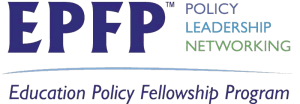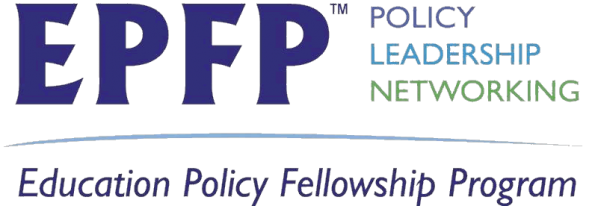Dr. Elizabeth Campbell, chair and associate professor in the Reich College of Education’s (RCOE) Department of Curriculum and Instruction (CI); Dr. Jennifer McGee, associate professor in the RCOE’s CI department; and Megan Kasper, Assistant Director of Student Engagement in the RCOE’s James Center for Student Success and Advising, have been selected to participate in the Educational Policy Fellowship Program (EPFP) hosted by the Public School Forum of North Carolina.
Campbell, McGee, and Kasper, along with Dr. Alexis Pope, Appalachian State University’s Director of Admissions, and Andrea Reubens, Appalachian State University’s GEAR UP Assistant Director of Program Evaluation, are participating in EPFP West, which is made possible by a GEAR UP Grant for the following counties: Alleghany, Ashe, Burke, Clay, Graham, Madison, Rutherford, Swain, Watauga, Wilkes, and Yancey.
"Serving as an EPFP Fellow has been, without question, one of the most valuable professional development experiences of my career.”
“Being able to navigate the world of policy is essential for anyone in educational leadership today,” said Campbell. “The Public School Forum of North Carolina’s Education Policy Fellows Program provides educators with the expertise, skills, and confidence we need to effectively advocate for our students and schools. Serving as an EPFP Fellow has been, without question, one of the most valuable professional development experiences of my career.”
“EPFP has proven to be one of the most valuable experiences I have had both as a professor and as a citizen,” noted McGee. “Each time we meet I'm learning more and more about educational policy that will inform not only my teaching, but my decisions as a parent and a community member.”
“As an advisor, I feel that it is important to model skills that will make my students successful leaders in the profession,” said Kasper. “EPFP has been valuable in modeling life-long learning as well as informing me on ways to be an effective advocate. In turn, I can then encourage my
students to the same.”
About Dr. Elizabeth Campbell
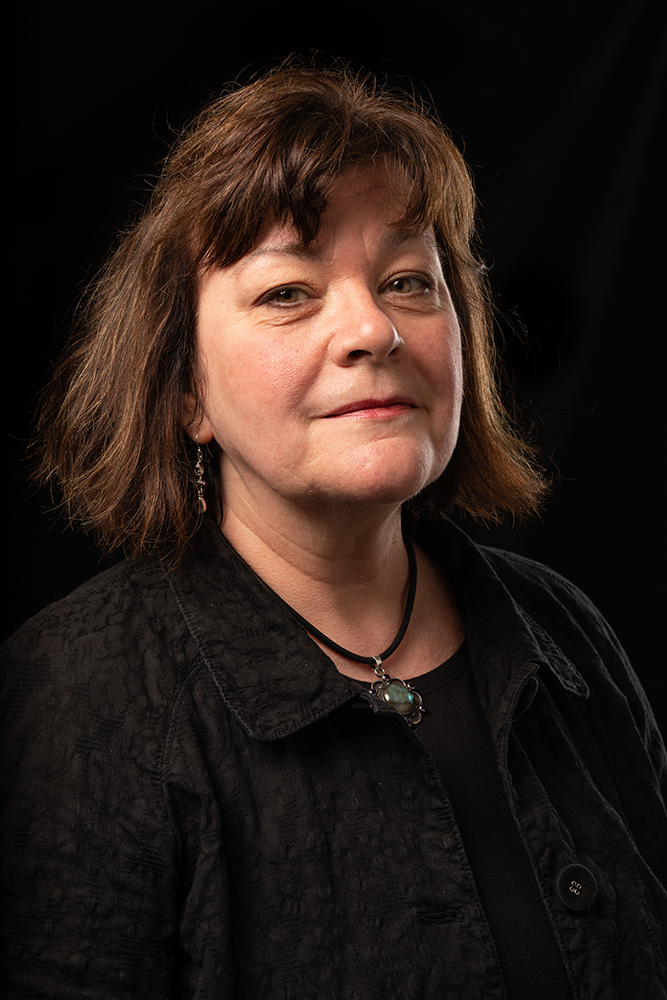
Campbell joined the RCOE in 2018. She earned a Ph.D. in English Composition and Teachers of English to Speakers of Other Languages (TESOL) from Indiana University of Pennsylvania, an M.A. in folklore from the University of North Carolina at Chapel Hill, and a dual B.A. in secondary education and United States history from State University of New York at Oneonta.
Campbell has an avid interest in collaborative research, community and university partnerships and civic engagement. Her research focuses on the constitutive nature of collaborative research and writing, and especially how it works—through shared agency, shared commitment, and shared humanity—to make and remake those who engage it.
Campbell is the author or co-author of several books including "Reimagining Contested Communities" (Policy Press, 2018); "Doing Ethnography Today" (Wiley-Blackwell, 2015); and "The Other Side of Middletown" (AltaMira, 2004), which won the 2005 Margaret Mead Award.
About Dr. Jennifer McGee
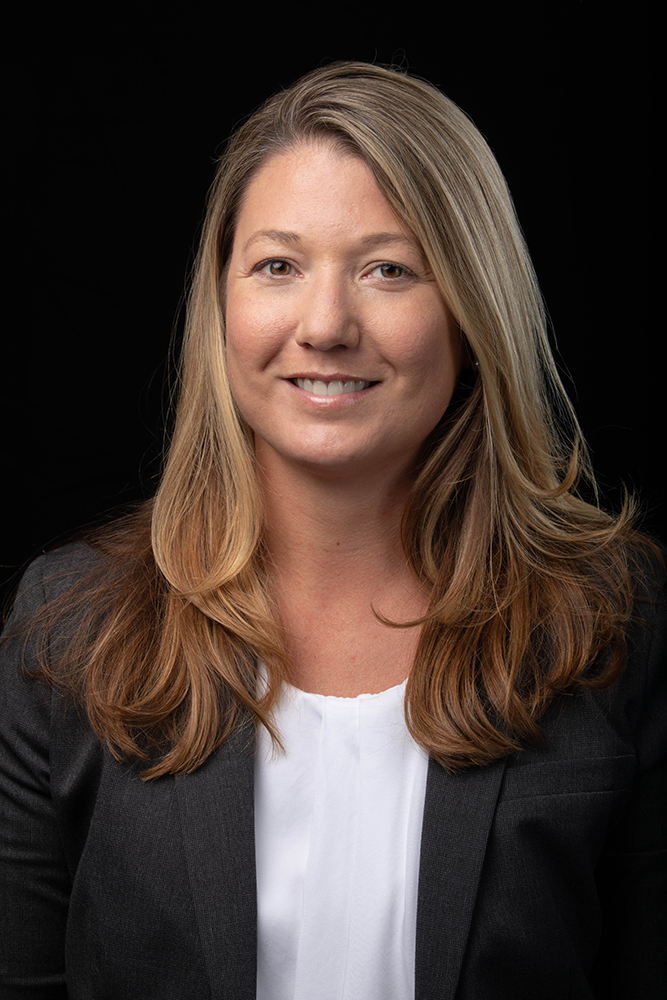
McGee joined the CI department as an assistant professor in 2012. She completed her Ed.D. in educational leadership with a specialization in research and evaluation in 2012 from the University of North Carolina at Charlotte.
Her research interests include: assessment, program evaluation, self-efficacy, and S.T.E.M. education. She teaches courses in research methods, applied statistics, and classroom assessment. She has published in such journals as the Journal of Psychoeducational Assessment, Action in Teacher Education, and the International Journal of Educational Research.
Prior to joining Appalachian as a faculty member, McGee was a high school agriculture teacher.
About Megan Kasper
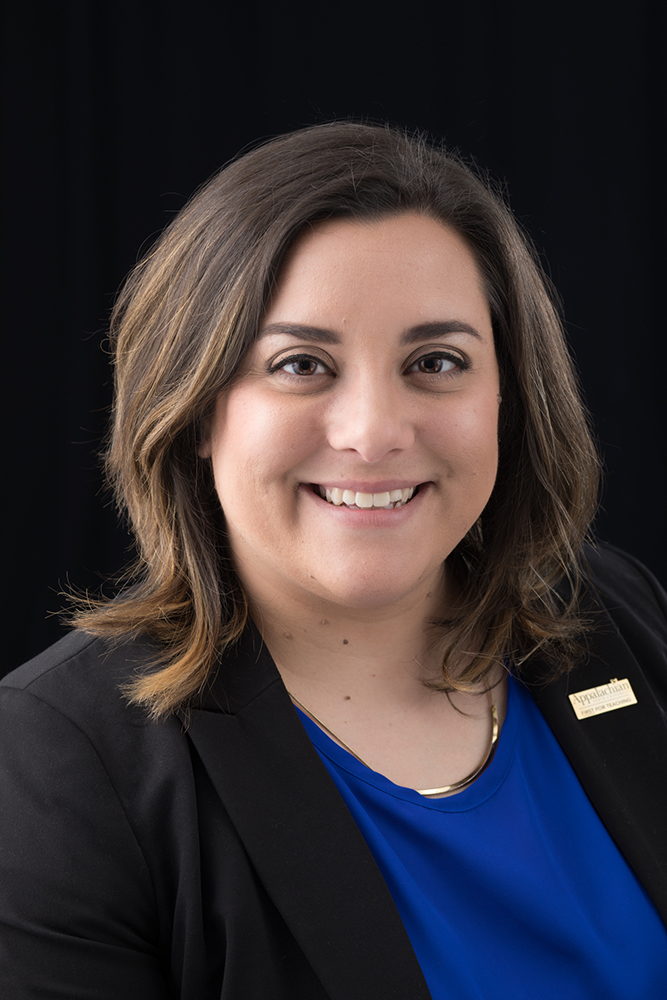
Kasper, a former North Carolina Teaching Fellow, earned a B.S. in mathematics, secondary education and an M.A. in college student development from Appalachian State University.
She taught high school mathematics in Charlotte, North Carolina, before returning to Appalachian to complete her graduate studies. Following graduate school, she accepted a position as the Assistant Director for Student Involvement & Success with the Reich College of Education’s James Center for Student Success and Advising.
Since returning to Appalachian, Kasper has been able to advise a variety of student groups and implement new retention initiatives. She has taught a first-year seminar course, served on the Transfer Services Team and created the Teacher Education Ambassador program. She currently directs the Appalachian Community of Education Scholars (ACES) program, Transfer Educators Residential Learning Community, and advises the Appalachian Educators Club.
Kasper loves that her role allows her to combine her professional experience to work with teacher education students transitioning to college or their career.
About Educational Policy Fellowship Program
North Carolina’s Education Policy Fellowship Program (NC EPFP) is one of 17 EPFP programs nationally administered through the Institute for Educational Leadership in Washington, D.C. NC EPFP has graduated over 800 Fellows and has a rich network of alumni in North Carolina and nationally. North Carolina’s program is routinely held up as an example for its strong curriculum, growing network of Fellows, and statewide reach.
The North Carolina Education Policy Fellowship Program is the only statewide program of its kind that focuses on leadership and professional development in the context of education policy. Each new class continues the trend of high caliber participants and is rich in its members’ range of experiences, both professionally and personally. Fellows come from public schools, higher education, community colleges, state agencies, and a diverse array of education organizations across North Carolina.
The program is designed for Fellows to learn about education policy issues and perspectives that they don’t typically encounter in their daily work so that they can be more informed, rounded contributors to the critical debates that shape education in NC and beyond. Fellows increase their awareness of how public policy is made, learn whom the key players are, and become more confident and involved in the policy-making process. Policy, leadership development, and networking are the three key focuses of the Education Policy Fellowship Program.
